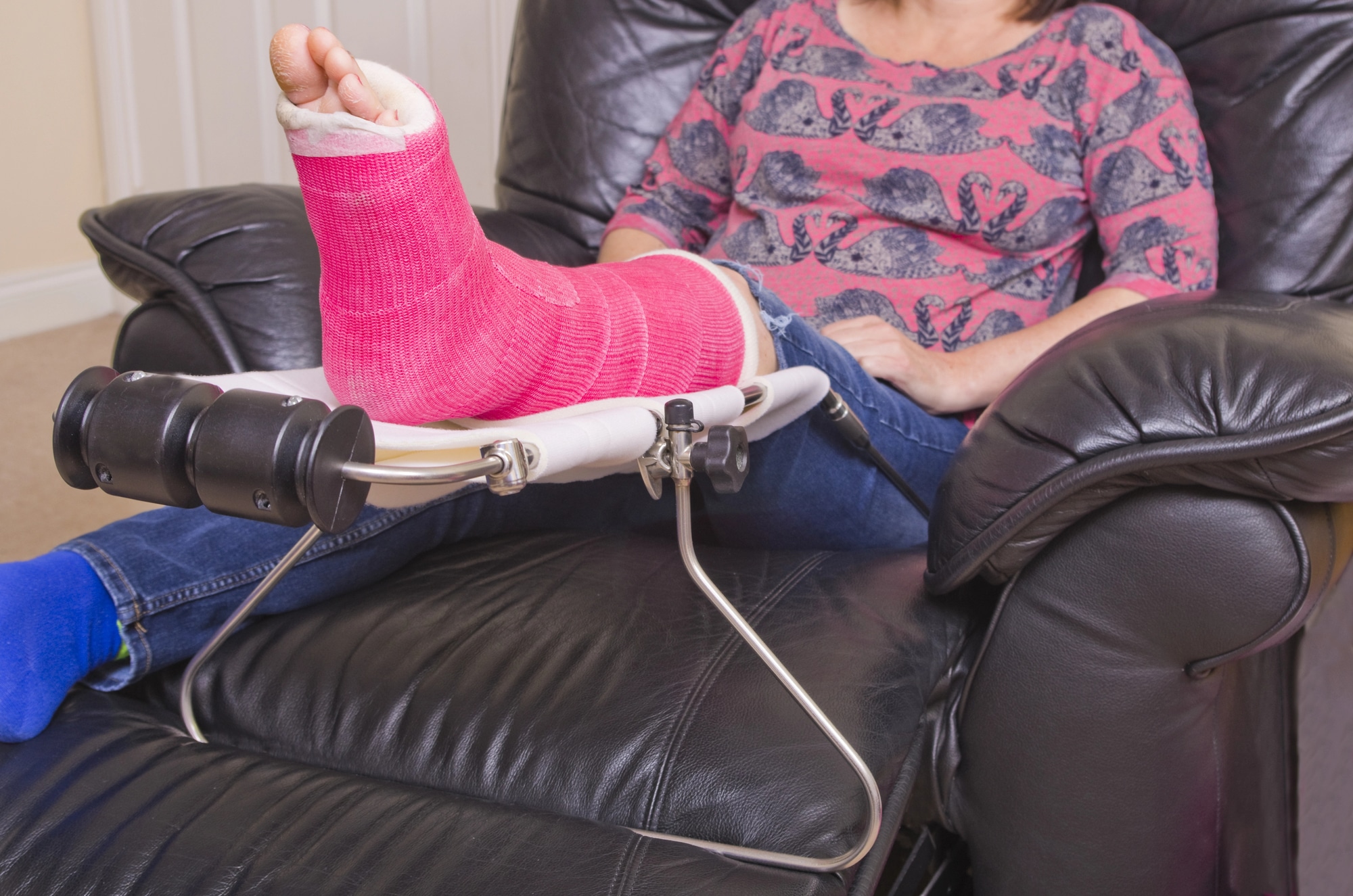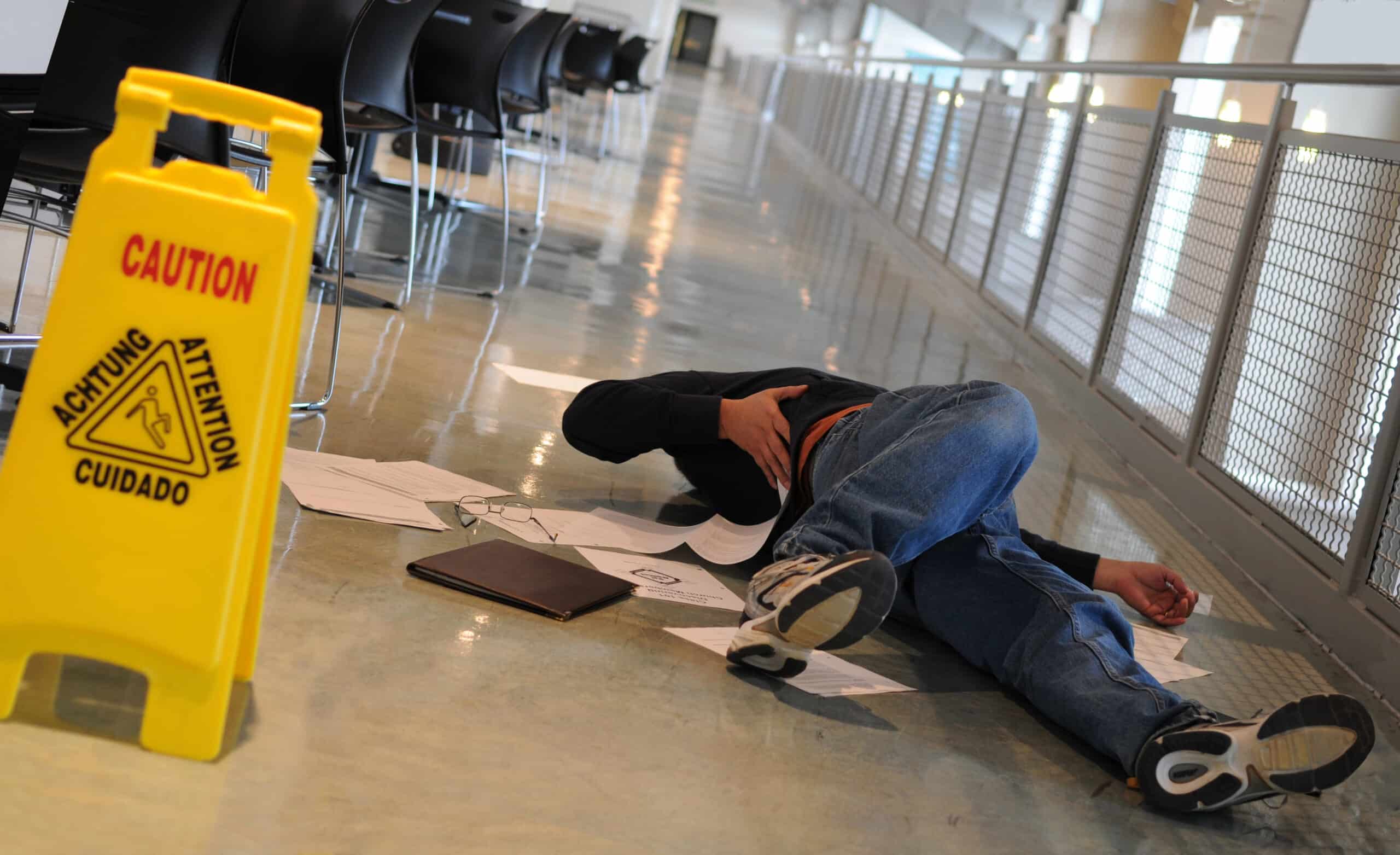You get into an accident: what is the first thing you do? Most likely you call friends or family and alert them to what has happened. These days however, it’s also quite common to see accident victims posting information on their social media accounts.
We’re sure you have seen it in the endless newsfeeds of your Facebook or Instagram accounts—photos of car accidents or injuries, with endless comments asking for details on what has happened. This picture you have called up in your mind, we want you to take it and put a giant red X right over it.
Social media has become one of the most damning bits of evidence available in modern personal injury cases. Don’t believe us? Let’s recap a case in point scenario that actually happened in Miami. An $80,000 settlement was revoked when the plaintiff’s daughter violated the cases confidentiality agreement by posting a Facebook status that read “Mama and Papa Snay won the case against Gulliver. Gulliver is now officially paying for my vacation to Europe this summer. SUCK IT.”
Aside from case confidentiality, insurance companies are now notorious for using your social media accounts to refute claims of physical or emotional distress. How? Say, for example, that you have a lawsuit pending for injuries sustained in an automobile accident. During the course of this trial, a friend snaps a photograph of you jet skiing off the shores of Jersey Shore and tags you in it on Facebook. This photo can be used as evidence in your case that your injury claims are exaggerated, or even false.
So- in the course of a personal injury trial, what should you feel confident sharing online about your accident and subsequent case? Nothing. Consider everything you post as a public statement that can be used against you in the wrong context. There is potential with every post you make to harm your case and lose any claim you might have.
Any comments you make regarding your accident on your page, or a friends, can also be used as evidence that can wrongly place you at fault in some situations. For example, should you post photos of your damaged car and receive questions about the events that took place, answering something as innocent as “I never saw the other car coming” can be taken in a manner to indicate you are at fault for the incident.
Below is a quick run-down of the proper social media protocol in the event you are involved in a personal injury accident:
- DO NOT post any information about your accident to your social media accounts. Most importantly do not share any settlement information or any details about your case. If you already have, do not delete– removing it can be viewed as destruction of evidence.
- Check your privacy settings to ensure your information is not public. It’s also a good idea to control the content that is posted to your page by friends, both for comments and photos/videos in case those who know details about the case are not aware that your information should be kept confidential. You may want to consider temporarily suspending your accounts until your case has been finalized.
It is important to be informed about the dangers your social media accounts may have on your claim. All of your posted content can be accessed by the courts under theStored Communications Act. Private messages may even be subpoenaed by request or warrant. It is in your best interest to keep all of the information regarding your accident offline and confidential. Your case depends on it.
For more information on how social media can affect your personal injury case, or for a free legal consultation, please contact Stampone Law at info@stamponelaw.com or 267-214-9695.




